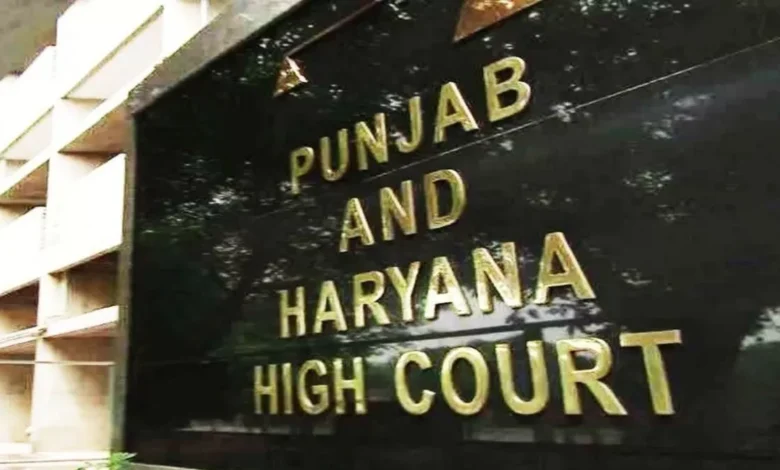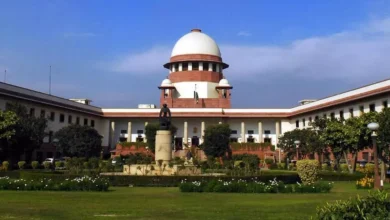
The Punjab and Haryana High Court has confirmed that a person acquitted in a moral turpitude offence on the grounds of benefit of doubt, cannot be denied an appointment in the armed forces. This declaration comes in response to a Haryana resident’s plea challenging the annulment of his appointment as an ITBP constable in March 2022.
The court criticized the decision to cancel the appointment, pointing out that it was solely based on the person being acquitted due to doubt. The court argued that this decision didn’t consider the nature of the alleged offence or the ages of the petitioner and the prosecutrix at the time of the incident.

Justice Jagmohan Bansal, overseeing the case, said it is a “well known fact that in our country it is very difficult to get a job especially a government job” and the denial of appointment to the petitioner ignoring that he was always bonafide and honest in disclosing his credentials would amount to indirect punishment for an offence in which he has been acquitted.
“In the present case, the respondent has not examined antecedents of the petitioner and his appointment letter has been cancelled on the sole ground that he was acquitted on the benefit of doubt,” the court said.
“The respondent has not considered nature of alleged offence, age of the petitioner and age of the prosecutrix at the time of alleged offence. The petitioner is not involved in any other offence and he has already been acquitted,” it said.
The petitioner, appointed as an ITBP constable on compassionate grounds in January 2022, faced the cancellation of his appointment after admitting his involvement in a criminal case. This admission came after he was acquitted of rape charges and violations of the POCSO Act in July 2019. The case, filed in April 2018 in Kaithal district, Haryana, led to the ITBP cancelling the appointment letter in March 2022, citing the benefit-of-doubt acquittal.
During the legal proceedings, the petitioner’s lawyer highlighted statements from both the complainant and her mother, asserting the person’s innocence. The trial court’s finding that the prosecution failed to prove the age of the prosecutrix, an essential element under the POCSO Act, further supported the petitioner’s case.
However, the respondent, relying on the 2012 instructions of the Ministry of Home Affairs, argued against the petitioner’s appointment. According to these guidelines, acquittal on the grounds of doubt or witness hostility generally deems a candidate unsuitable for armed forces appointments. The counsel asserted that the petitioner’s involvement in an offence of moral turpitude justified the rejection of his claim.
Addressing the instructions, the court noted the use of the term “generally,” indicating a lack of an absolute bar on appointments following acquittals based on doubt. It emphasized that authorities could consider such cases on an individual basis.
In a clear decision, the court directed the respondent to reassess the person’s case for an appointment, highlighting the need for a detailed examination beyond a simple rejection based solely on the acquittal. The petitioner’s request for fairness in consideration, considering the court’s observations, is now set for further discussion.
You might also be interested in ‘Girls can be married off to anyone on attaining ‘puberty’ even if she is under 18 years of age’ rules Punjab and Haryana High Court



